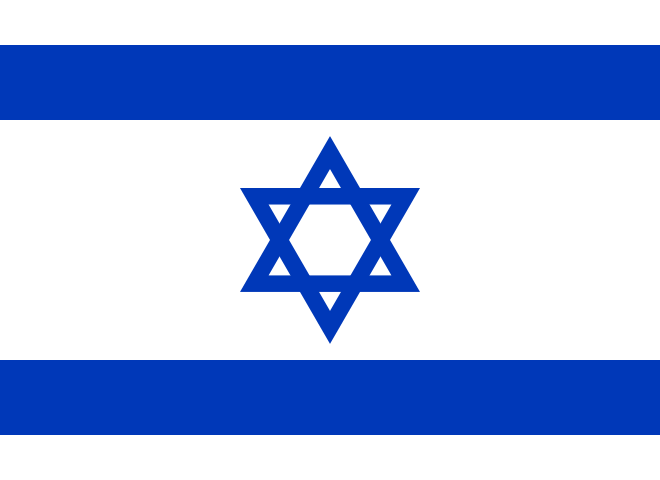International Intercultural Cities Network

Cities can be full members of the network with privileged access to all international activities and dedicated expert support. Alternatively, they can focus on exchanges within a national Intercultural cities network, where such a network exist, or opt only for diagnostic of their policies through the Intercultural cities index.
Ansan (Republic of Korea)

Bergen (Norway)
Berlin-Neukölnn (Germany)
Botkyrka (Sweden)
Bucharest (Romania)
Bursa-Osmangazi (Turkey)
Calderdale (United Kingdom)
Camden (United Kingdom)
Donostia / San Sebastian (Spain)
Dublin (Ireland)
Dudelange (Luxembourg)
Ephesus Selçuk (Turkey)
Erlangen (Germany)
Geneva (Switzerland)
Guadalupe (Mexico)
Guro (Republic of Korea)

Hamamatsu (Japan)
Ioannina (Greece)
Krakow (Poland)
Leeds (United Kingdom)
Limassol (Cyprus)
Limerick (Ireland)
Lisbon (Portugal)
London Lewisham (United Kingdom)
Lublin (Poland)
Lyon (France)
Manchester (United Kingdom)
Melitopol (Ukraine)

Mexico city (Mexico)
Modena (Italy)
Montreal (Canada)
Neuchâtel (Switzerland)
Neumarkt (Germany)
Oslo (Norway)
Paris (France)
Patras (Greece)
Reggio-Emilia (Italy)
Reykjavik (Iceland)
Riga (Latvia)
Rijeka (Croatia)
Rochester (USA)

Sherbrooke (Canada)
Stavanger (Norway)
Strasbourg (France)
Valletta (Malta)
Wroclaw (Poland)



